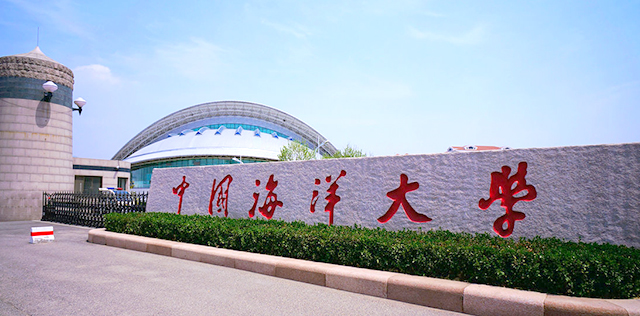王泉伟
政治学系副教授 办公室:209 邮箱:zzxwang@126.com 研究方向/研究领域:中国政治制度史、中外关系史、国家理论、地方治理 教育背景 2011年9月-2014年6月 南开大学中外政治制度专业,获博士学位 2012年9月-2013年8月 日本爱知大学(中国研究中心)进行访问研究 2009年9月-2011年6月 南开大学中外政治制度专业,获硕士学位 2005年9月-2009年6月 浙江大学政治学与行政学系,获学士学位
工作经历 2018年1月至今 中国海洋大学大学国际事务与公共管理学院副教授 2014年7月-2018年1月 中国海洋大学法政学院学院讲师
教学课程
本科生课程中国政治制度史(本科生专业基础课) 本科生课程西方行政学说史(本科生专业基础课) 本科生课程地方政府管理(本科生专业基础课) 研究生课程国家理论专题(研究生专业选修课) MPA课程 地方政府管理
科研项目 1.教育部人文社会科学青年项目“清代地方厅制与边疆治理研究”(2015-2018) 2.全国博士后资助课题“清代沿海厅制与海疆管理研究”(2015-2017) 3.国家社科青年项目:“中国传统多民族国家治理方略及其现代价值研究”(2020—至今)
代表性成果 1.王泉伟,“论明代州县幕官的职权转变”,《史学月刊》2013年第9期(CSSCI,中文核心)。 2.王泉伟,“从分职到分防:明清州县佐贰官略论”,《四川师范大学学报(社会科学版)》2015年第6期(CSSCI,中文核心)。 3.王泉伟,“构想天下秩序:汉代中国的对外战略”,《外交评论》,2016年第3期(CSSCI,中文核心)。 4.王泉伟,“天朝意识与明清中国的朝贡外交”,《国际政治研究》2017年第1期(CSSCI,中文核心)。
5.王泉伟,“再论清帝国的性质与变迁:政治权利的视角”,《二十一世纪》2021年2月号(总第183期)。 6.王泉伟,“清代沿海诸厅与海疆管理研究”,《中国边疆史地研究》2022年第3期(CSSCI,中文核心)。 7.王泉伟,“统治风险与胥吏人事:官吏分途现象形成与持续的政治逻辑分析”,《社会》2023年第4期(CSSCI,中文核心;人大复印报刊资料《社会》2024年第1期全文转载)。
Dr. WANG Quanwei Associate professor of Political Science School of International Affairs and Public Administration, Ocean University of China Email: zzxwang@126.com Add.: Room 209, 238 Songling Road, Laoshan District, Qingdao, Shandong Province, 266100, PRC Education: Ph.D. Nankai University, 2014 M.A. Nankai University, 2011 B.A. Zhejiang University, 2009 Research Interests: History of Chinese Political System, Nationalism Theory, History of Sino-Foreign Relations Biography: Associate professor Wang Quanwei joined the Ocean University of China in 2014 after completing his Ph.D. at Nankai University. His main research interests lie in the intersection of Political Science and History, specifically the History of the Chinese Political System, History of Sino-Foreign Relations. He has published about 20 papers in the above fields so far. Currently, his research focuses on an academic program about nation-building and political integration in China’s long history. The Courses that he teaches are “History of Chinese Political System, Local Governance” for undergraduate students and “Topics of Ancient Chinese state governance” for postgraduate students. Also, he is proficient in the language of Chinese (native), English, and Japanese.
| 


